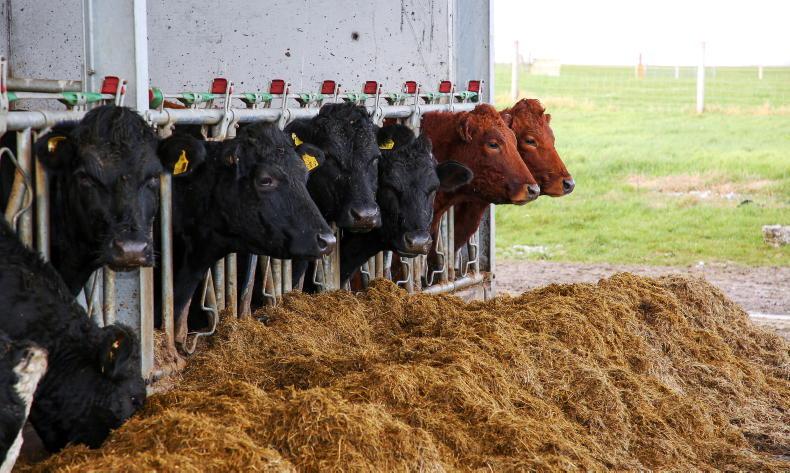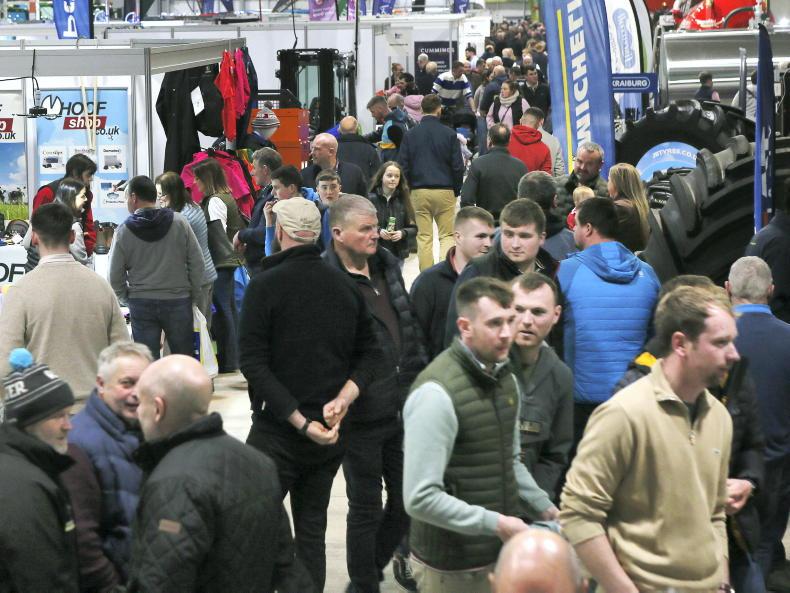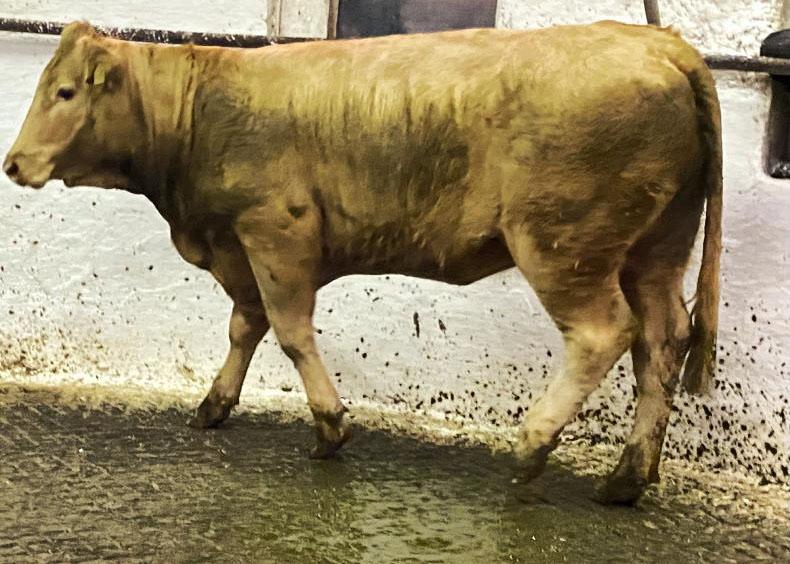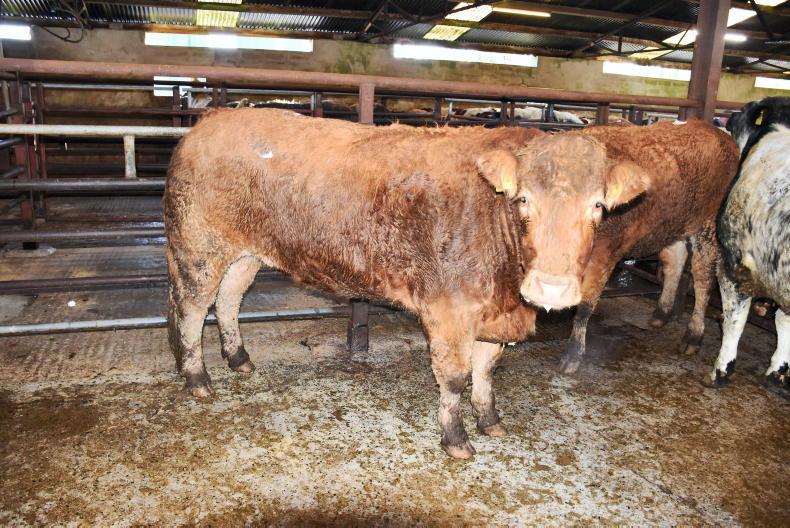Weather conditions are becoming more changeable and with this will come a growing risk of pneumonia in young calves and weanlings.
Compounding the problem will be a sudden burst in lungworm populations following the rain over the weekend.
Over the next few weeks, farmers should be keeping a close eye on young stock for early signs of respiratory problems that could trigger a pneumonia outbreak.
While it is important to increase the frequency of herding cattle, choose your times to check on animals carefully.
Early morning and late afternoon are best. Avoid herding cattle late in the evening when temperatures are cooling down.
The reason being, as you walk through cattle, their activity level tends to increase.
Anticipation
If cattle think meals will be offered or fences moved to provide fresh grass, animals will be on their feet repeatedly walking the wire or coming running to meet you in anticipation of meal.
Getting cattle worked up late in the evening, when temperatures are falling, is not good for calves. So avoid herding cattle at this time of the evening unless absolutely necessary.
Make sure worming is up to date for internal parasites such as lungworm, as this will reduce the risk of respiratory problems. Vaccinating against respiratory diseases, such as IBR, can also benefit calf health.
Read more
Irish Angus beef sells for €72/kg in Singapore
Energy emissions up 5.4% in 2021 – SEAI
Weather conditions are becoming more changeable and with this will come a growing risk of pneumonia in young calves and weanlings.
Compounding the problem will be a sudden burst in lungworm populations following the rain over the weekend.
Over the next few weeks, farmers should be keeping a close eye on young stock for early signs of respiratory problems that could trigger a pneumonia outbreak.
While it is important to increase the frequency of herding cattle, choose your times to check on animals carefully.
Early morning and late afternoon are best. Avoid herding cattle late in the evening when temperatures are cooling down.
The reason being, as you walk through cattle, their activity level tends to increase.
Anticipation
If cattle think meals will be offered or fences moved to provide fresh grass, animals will be on their feet repeatedly walking the wire or coming running to meet you in anticipation of meal.
Getting cattle worked up late in the evening, when temperatures are falling, is not good for calves. So avoid herding cattle at this time of the evening unless absolutely necessary.
Make sure worming is up to date for internal parasites such as lungworm, as this will reduce the risk of respiratory problems. Vaccinating against respiratory diseases, such as IBR, can also benefit calf health.
Read more
Irish Angus beef sells for €72/kg in Singapore
Energy emissions up 5.4% in 2021 – SEAI










SHARING OPTIONS